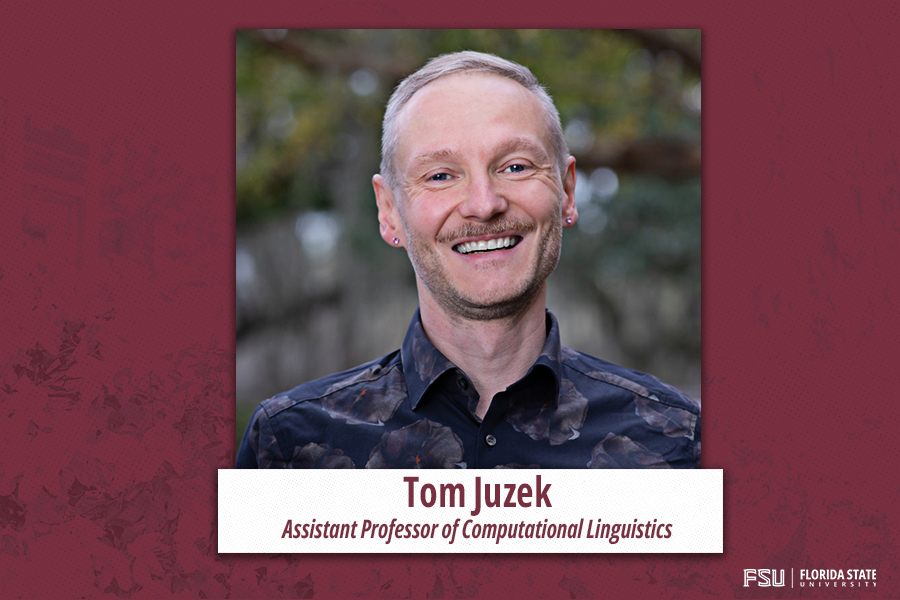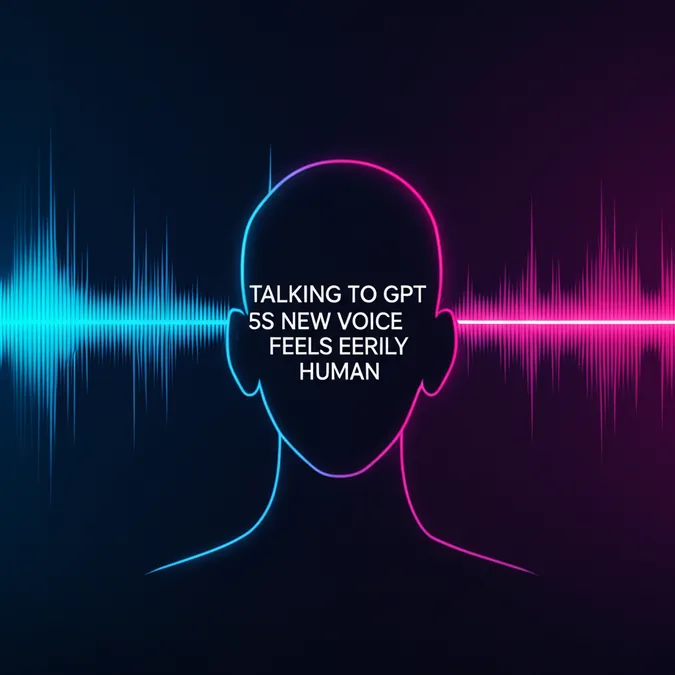Developer Offer
Try ImaginePro API with 50 Free Credits
Build and ship AI-powered visuals with Midjourney, Flux, and more — free credits refresh every month.
How AI Is Already Changing Our Everyday Language
Have you noticed yourself using words like "meticulous" or "intricate" more often lately? According to new research, your vocabulary might be getting an update from your friendly neighborhood AI.

A fascinating study led by Tom Juzek, an Assistant Professor of Computational Linguistics at Florida State University, is beginning to show how AI chatbots like ChatGPT could be changing the way people speak. This work follows previous FSU research that helped explain why ChatGPT tends to overuse certain words.
The Rise of AI Buzzwords in Everyday Speech
To investigate AI's influence, Juzek and his team analyzed language from some of America's most popular tech podcasts. By comparing the dialogue before and after ChatGPT's release, they identified a significant change. The use of common AI-related buzzwords—such as “surpass,” “meticulous,” “strategically,” and “intricate”—spiked dramatically after the chatbot became a household name.
A Rapid Shift in Language
What makes this finding particularly noteworthy is the speed of the change. "The buzzwords saw a significant shift between pre- and post-Chat GPT release, and the synonyms didn’t,” Juzek explained. “The synonyms moved very little. It was quite a shift for such a short period of time when it comes to changes in spoken language.”
As a specialist in applying computational methods to linguistic questions, Juzek's research focuses on the features of AI-generated language and its impact on human communication.
Correlation Not Causation The Path Forward for Research
Professor Juzek is careful to note that this research is still in its early stages. “These models have some clear upsides and are genuinely useful tools, but open questions exist about unintended negative consequences for beliefs and behavior,” he said. “With AI, it is premature to claim causation. Our current results are correlational. Next comes careful testing to see what is truly changing and why.”
He points to a parallel with social media, which offered meaningful benefits while also introducing specific harms that were only documented over time. "Social media taught us that both can be true, but that good causal research takes time,” he added.
Key Areas of AI Language Research
Professor Juzek's work continues to explore this evolving relationship between humans and AI. Key areas of focus include:
- AI's Impact on Word Choice: Analyzing the latest data on how AI-associated vocabulary is appearing in modern speech.
- A Balanced View: Understanding the clear benefits of AI alongside the open questions about its unintended effects on our language and behavior.
- Model Mechanics: Investigating the technical reasons behind word overuse in AI and how training data shapes a model's linguistic style.
- The Human Element: Examining the role of the global workforce involved in AI annotation and content moderation.
- Future of the Industry: Looking at the current state of the discourse and what's next for AI development.
For media professionals interested in discussing this research further, Professor Juzek can be reached at tjuzek@fsu.edu.
Compare Plans & Pricing
Find the plan that matches your workload and unlock full access to ImaginePro.
| Plan | Price | Highlights |
|---|---|---|
| Standard | $8 / month |
|
| Premium | $20 / month |
|
Need custom terms? Talk to us to tailor credits, rate limits, or deployment options.
View All Pricing Details

